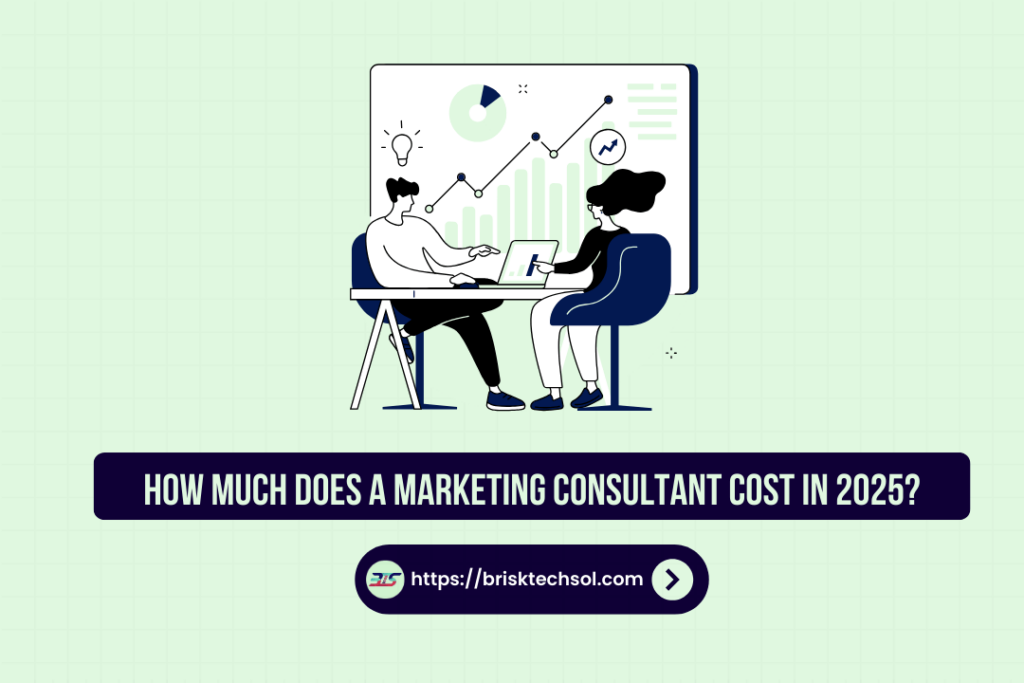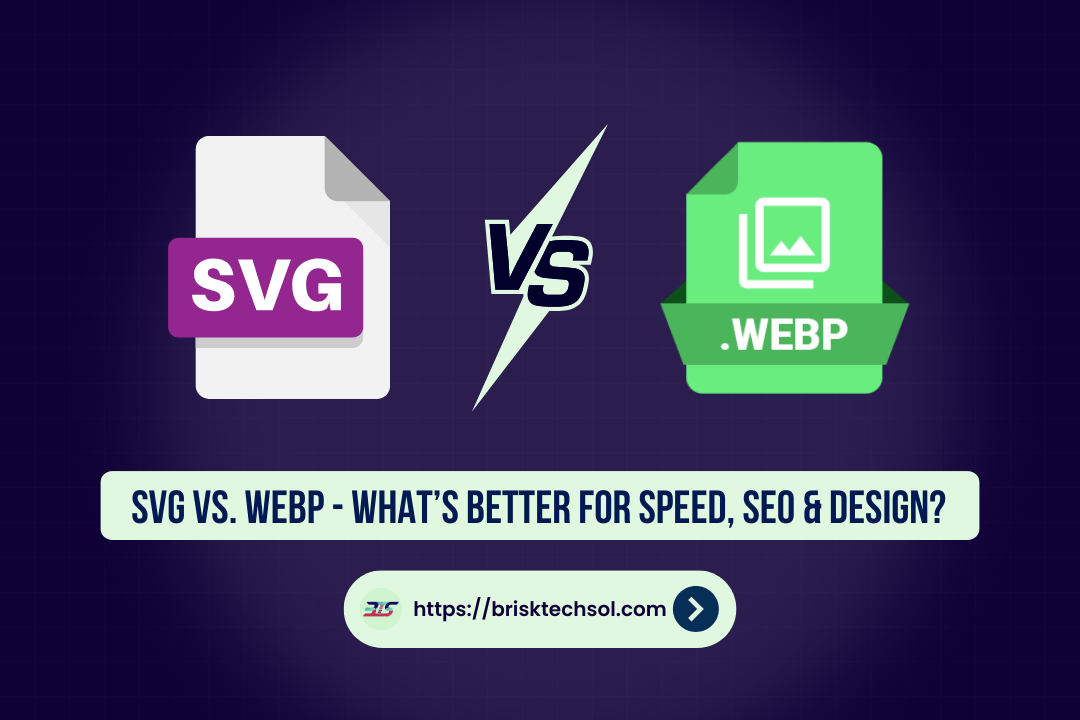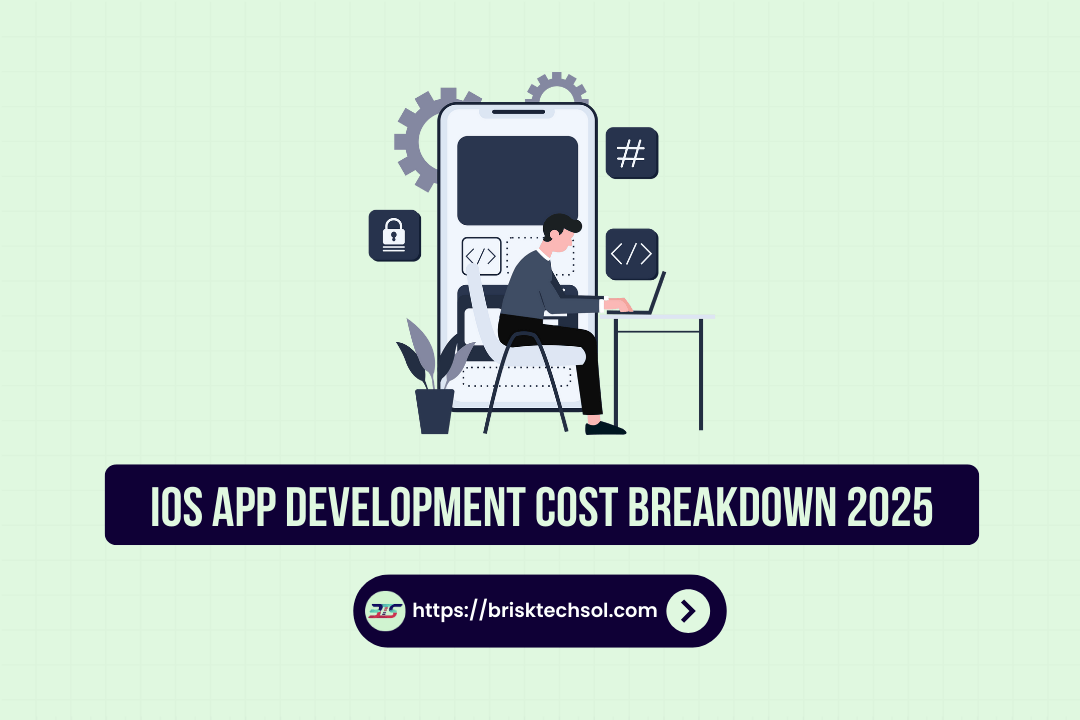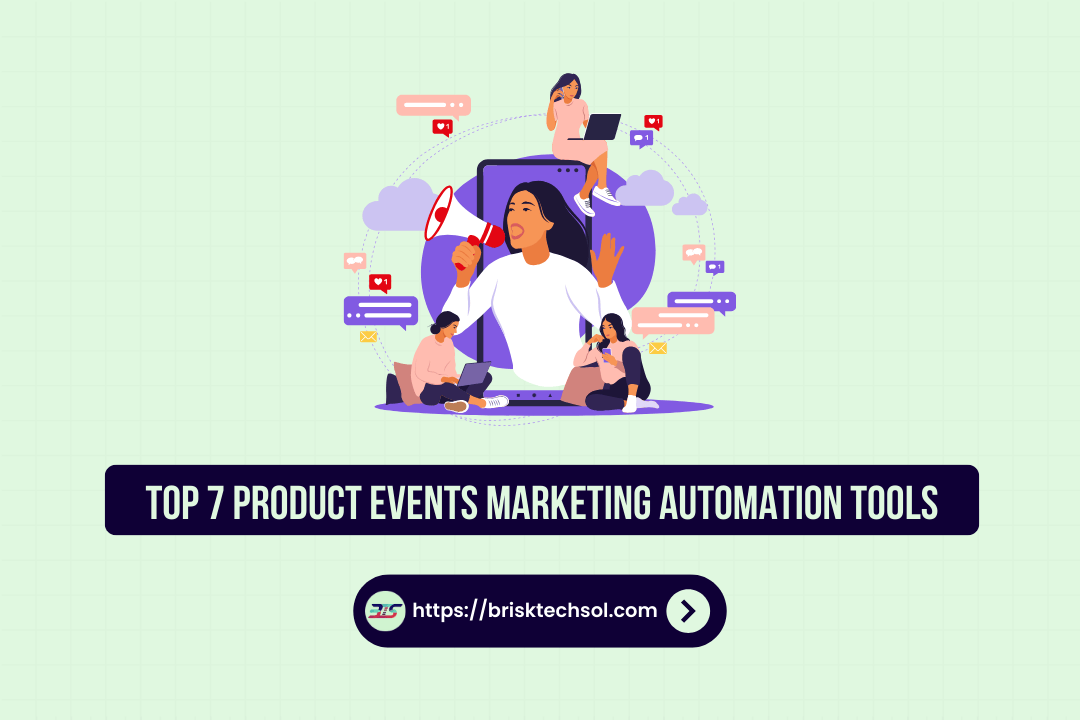Marketing consultants know a lot about branding, SEO, social media strategy, and digital marketing. They work to get you more leads, turn those leads into customers, and ultimately make you more money. It does cost something, though, and the amount depends on a number of things. When you hire a marketing consultant, you’re not just getting advice; you’re also getting access to their specialized knowledge and experience, which can completely change your business. The “marketing consultant cost” is an investment that, if done right, pays off in the long run with big benefits like more online visibility, more engaged customers, and higher profits.
What Affects the Cost of a Marketing Consultant
When figuring out how much a marketing consultant costs, think about the following factors:
Consultant’s Skills and Experience
- Level of Experience: A consultant with more than ten years of experience and a history of working with well-known brands will usually charge more than a consultant who is just starting out. Their tried-and-true strategies and methods make the extra money they charge worth it.
- Knowledge of Your Industry: Consultants who are experts in your industry or niche can charge more because they have unique knowledge and insights.
Types of Services Offered
- General Strategy vs. Niche Services: Some consultants offer a full range of services, such as social media management, pay-per-click (PPC) campaigns, content marketing, and SEO. Some people may only work in one area. The cost goes up as the scope gets bigger.
- Customization: Strategies that are made to fit your specific business goals usually take more time and money, which drives up the price.
Length and Difficulty of the Project
- Length of the Project: Prices are often different for long-term contracts compared to one-time projects. Ongoing consulting might offer discounts for large orders.
- Campaign Complexity: Because of the need for coordination and detailed performance tracking, multi-channel campaigns with many stakeholders tend to cost more than single-channel projects.
Location in the World
- Local vs. Global: Consultants who work in high-cost areas like tech hubs or big cities may charge more than consultants who work in low-cost areas.
- Remote Services: The rise of remote work has made it possible for companies to hire consultants from all over the world. This can sometimes save money while still providing great value.
Additional Costs and Considerations
- Travel and Expenses: If the consultant needs to go to the client’s location, travel costs may be added to the base consultation fee.
- Software and tools: Some consultants include the cost of premium analytics or marketing platforms in their fee, which can also change the “marketing consultant cost” as a whole.
How Marketing Consultants Usually Charge in 2025
There are different ways that marketing consultants set their prices. If you know about these models, you can choose the one that fits the needs and budget of your business.
Hourly Rates
For short-term projects or initial talks, this model is often the best choice. Marketing consultants’ hourly rates can be very different depending on their location and level of experience. Rates per hour could be anywhere from $100 to $300 in 2025.
- Pros:
- You only pay for the time that was spent on your project.
- Transparency: A clear picture of the time spent.
- Cons:
- Unpredictability: If the project takes longer than planned, the total cost of it can go up.
Project Based Pricing
With project-based pricing, you pay a set amount for a clear set of tasks. These plans work best for companies that know exactly what they want to do with their marketing, like releasing a new product or changing their brand.
- Pros:
- Costs that can be predicted: This makes budgeting easier.
- Deliverables that are well-defined: Everyone knows what to expect.
- Cons:
- Scope creep: If the project’s goals change, you may have to pay extra.
- Less adaptability: Might not be able to adapt to changing business needs.
Agreements to Hold
A retainer agreement can be more useful for ongoing marketing projects. In this model, the consultant is usually paid a monthly fee that guarantees their availability and ongoing support.
- Pros:
- Consistency: Always improving and keeping an eye on the strategy.
- Strong relationship: Over time, I’ve learned a lot about your business.
- Cons:
- Higher long-term cost: If the consultant’s services aren’t used enough, the ongoing fees may add up.
- Needs a longer-term contract because of commitment.
Performance Based Pricing
Performance-based pricing means that a consultant’s fees are based on how well they meet certain goals, like getting more leads, higher conversion rates, or more sales. This model can be especially appealing for companies that want to track results.
- Pros:
- Low risk: You only pay when things work out.
- Aligning incentives: The consultant wants to go above and beyond what is expected of them.
- Cons:
- Setting fair and accurate performance benchmarks can be hard when you use complex metrics.
- Possible drop in quality: The consultant could only focus on the agreed-upon performance metrics, neglecting other parts of your strategy in the process.
Comparing the Costs: What to Expect in 2025
The exact “cost of a marketing consultant” may be different from one company to the next, but here are some rough estimates:
- Start-ups and small businesses:
- Rates per hour: $100 to $200
- Rates per project: $1,500 to $10,000 (which depend on the scope)
- Retainer: $1,000 to $5,000 a month
- Companies of a Medium Size:
- Rates per hour: $150 to $250
- Rates per project: $10,000 to $50,000
- Retainer: $3,000 to $10,000 a month
- A lot of businesses:
- Rates per hour: $200 to $300 or more
- Project-based: $50,000 to $200,000 or more
- Retainer: $10,000 to $50,000 or more a month
It is important to keep in mind that these ranges can change depending on the market, the consultant’s qualifications, and the state of the economy in 2025.
How to Pick the Best Business Marketing Consultant
There’s more to choosing the right consultant than just comparing prices. Here are some important steps to follow to make sure you make the right choice:
1. Define Your Goals
- Specific Objectives: Know what you want to achieve, whether it’s more sales, better online visibility, increased website traffic, or improved customer engagement.
- Measurable Targets: Set clear goals that you can use to measure the success of the consultant’s work.
2. Check the Consultant’s Track Record
- Case Studies and Reviews: Look for examples of past success with clients in similar fields.
- Portfolio: Review previous projects to make sure the consultant has relevant experience.
3. Arrange a Consultation
- Initial Meeting: Use a free consultation to discuss your needs and see if the consultant’s skills match your business.
- Questions to Ask:
• What strategies have worked well for businesses like mine?
• How do you measure success?
• What are your payment terms and any hidden fees?
4. Consider the Personal Fit and Communication
- Good Rapport: A successful partnership is built on clear communication and trust. Make sure the consultant’s communication style works well with your team.
- Transparency: Choose a consultant who is open about their methods, processes, and fees.
Benefits of Hiring a Marketing Consultant
Working together with a marketing consultant can be very helpful. Here are a few important pros:
Skill and Specialization
A consultant with a lot of experience knows a lot about the field and can make solutions that work for your business. Their in-depth knowledge of digital trends and how people act online makes sure that your marketing plan is up-to-date and works.
Low-Cost Performance
Even though it costs money up front, hiring a marketing consultant is often worth it in the long run. Their knowledge aids in avoiding mistakes that cost a lot of money, speeds up work, and raises overall ROI. Businesses can focus on what they do best while the consultant handles the marketing.
Flexible and Scalable Solutions
Consultants offer solutions that can be expanded as your business does. When a business needs to launch new products or enter new markets, or both, a consultant can change strategies to fit those needs. This adaptability is especially useful when the economy is changing quickly, like in 2025.
Creative Ideas and Strategies
Marketing consultants stay up to date on the newest trends in the field, such as AI-powered analytics and working with influencers. This constant improvement keeps your marketing efforts competitive and shows that your brand is forward-thinking and adaptable to changes in the market.
The Best Ways for Marketing Consultants to Use SEO
If a business wants to improve its digital strategy, knowing the best SEO practices can also help them choose the right consultant. Here are some ideas to think about:
- Keyword Optimization:
Use the phrase “marketing consultant cost” and similar ones a lot in your writing. That should just flow into the body text, headings, and subheadings. - Quality Content:
Make sure that your website has high-quality content that answers common questions and follows industry trends that is regularly updated. This makes you more trustworthy and raises your search engine rankings. - Backlink Strategy:
Hire a consultant who knows how important good backlinks are. A strong backlink profile is a big part of getting higher search engine rankings and more organic traffic. - Technical SEO:
Find out if the consultant knows how to make websites load faster, work better on mobile devices, and improve the overall user experience. It is these technical factors that directly affect how well a search engine works. - Decisions Based on Data:
A good marketing consultant will use analytics tools to figure out how well a campaign is doing. This approach is based on data, so it lets you make changes in real time that keep your strategies flexible and competitive.
Conclusion
Understanding the “marketing consultant cost” in 2025 means considering many factors and recognizing the value that a skilled consultant brings. Whether you’re a small startup or an established company, the right consultant offers practical, tailored strategies that improve your online presence and drive measurable growth. Remember, choosing a consultant isn’t only about the lowest price it’s about finding an expert who can truly boost your business. Take your time to set clear goals, ask the right questions, and review their past work. Every dollar spent wisely can lead to steady, long-term growth.
Frequently Asked Questions (FAQs)
Q1: What is the average cost of a marketing consultant in 2025?
The cost depends on factors like experience, scope, and the pricing model. Small businesses might pay between $1,000 to $5,000 a month on retainer, while larger companies could see higher fees.
Q2: How do I decide which pricing model is best for my business?
Think about the size and length of your project. For one-off projects, hourly or project-based rates may be enough. If you need ongoing help, a retainer might be the best option.
Q3: What factors have the biggest impact on marketing consultant cost?
The main factors include the consultant’s experience, the range of services offered, project details and duration, geographic location, and any extra costs like travel or software fees.
Q4: Can hiring a marketing consultant save money in the long run?
Yes, a skilled consultant can help you avoid costly mistakes, improve your marketing efforts, and ultimately lead to a higher return on investment.
Q5: How should I measure the success of my marketing consultant’s work?
Set clear targets such as more website traffic, higher conversion rates, better quality leads, and overall revenue growth. Regular performance reports and reviews can also help you track progress.









